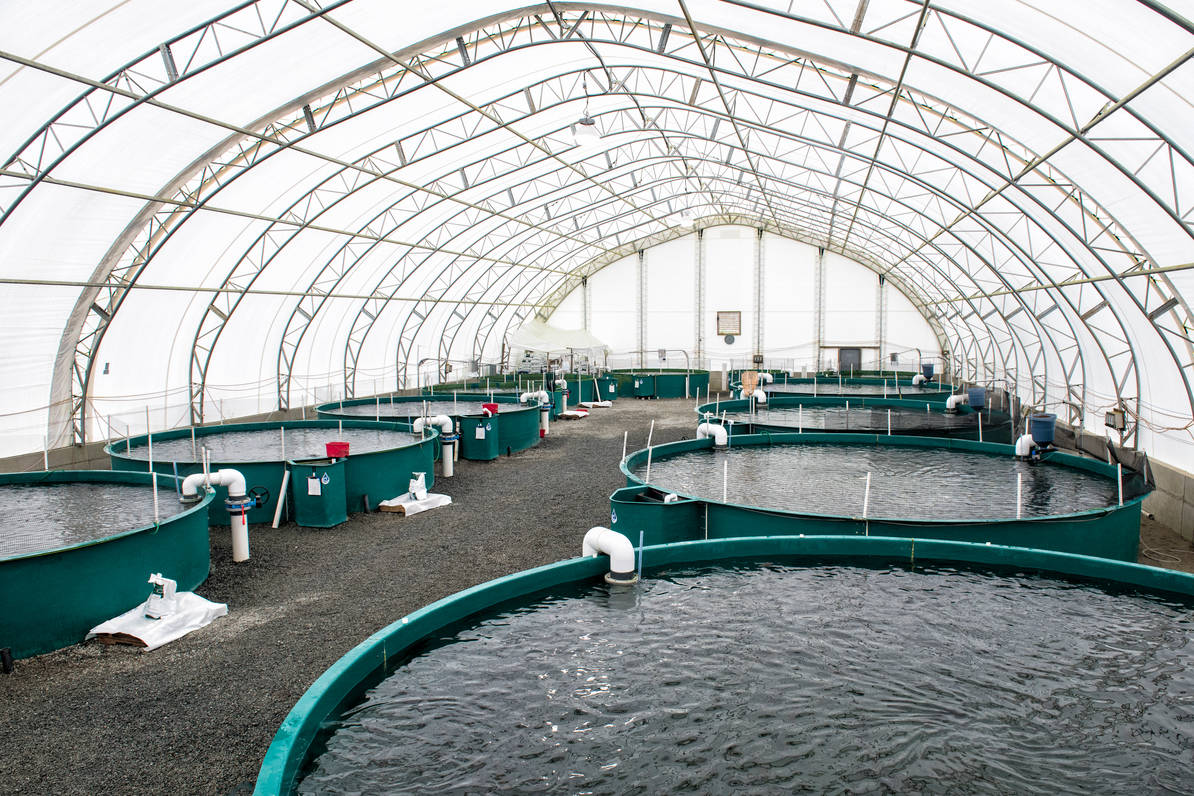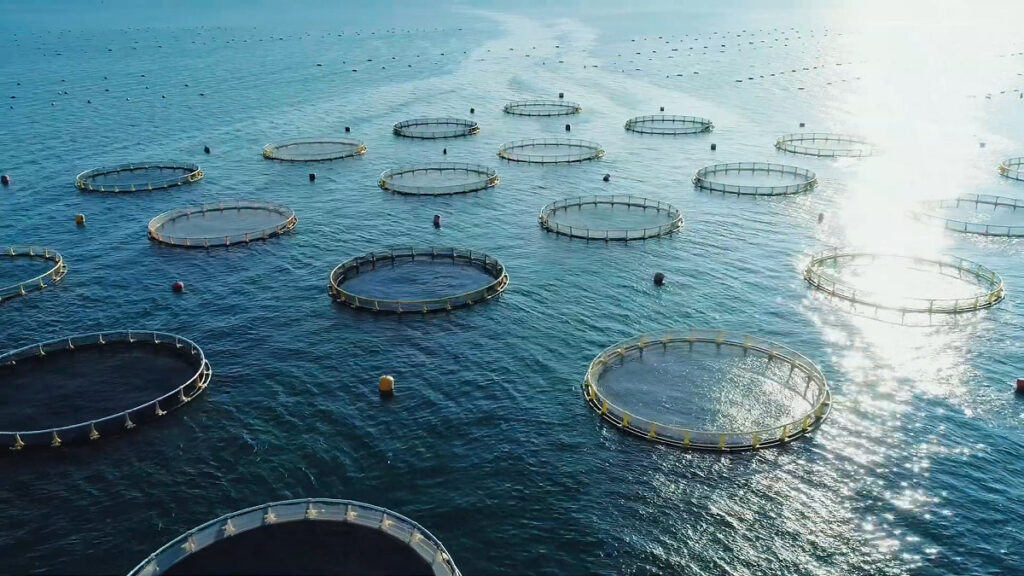Aquaculture
Fish farming, also known as aquaculture, is the practice of raising fish in tanks or ponds for commercial purposes. This industry has grown rapidly in recent years due to the increasing demand for fish and seafood worldwide. Fish farming provides numerous benefits, both for the environment and for people’s health and well-being. In this blog post, we will explore some of the key benefits of fish farming.

-
Sustainable Food Production
Fish farming can help to meet the growing demand for food while reducing pressure on wild fish stocks. By producing fish in a controlled environment, fish farmers can reduce the impact of fishing on wild populations and prevent overfishing. Additionally, fish farming can be more efficient than traditional fishing methods, as farmers can control the quality and quantity of feed and ensure optimal growing conditions for the fish.
-
Improved Food Security
Fish is an important source of protein and essential nutrients such as omega-3 fatty acids, which are crucial for maintaining heart health and brain function. Fish farming can help to increase access to affordable and nutritious food, especially in regions where access to fresh fish is limited. Fish farming can also help to stabilize food prices and reduce the risk of food shortages.
-
Job Creation
Fish farming can provide employment opportunities in rural areas, where traditional farming may not be viable. Aquaculture requires skilled workers for tasks such as fish health monitoring, water quality management, and feed management. Additionally, fish farming can support other industries such as fish processing and transportation, creating additional jobs in the local economy.
-
Environmental Benefits
Fish farming can have environmental benefits when done sustainably. For example, fish farms can recycle nutrients and waste products, reducing pollution in local waterways. Additionally, fish farms can serve as habitats for wildlife and provide ecosystem services such as nutrient cycling and water filtration.
-
Reduced Carbon Footprint
Fish farming can be more environmentally friendly than traditional fishing methods, which often require large amounts of fuel and energy to catch and transport fish. Fish farms can be located closer to markets, reducing transportation distances and associated carbon emissions.
In conclusion, fish farming has many benefits, including sustainable food production, improved food security, job creation, environmental benefits, and a reduced carbon footprint. As the global population continues to grow, fish farming will likely become an increasingly important source of food and livelihood. However, it is important that fish farming is done in a sustainable and responsible manner to ensure that these benefits are realized without causing harm to the environment or wild fish populations.




